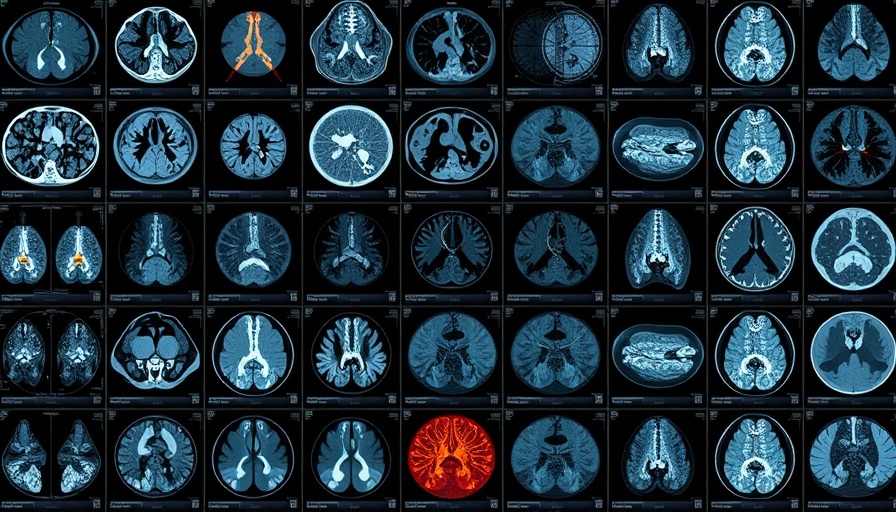
Revolutionizing Medical Imaging with AI
A groundbreaking artificial intelligence (AI) tool has emerged from the University of California, San Diego, capable of reading medical images with significantly less data than traditional methods. This advancement has the potential to transform how doctors and researchers utilize medical imaging, especially in scenarios where data is scarce.
Understanding Medical Image Segmentation
Medical image segmentation is a critical process in healthcare, where each pixel of an image is labeled to identify tissues, diseases, or anomalies. For instance, distinguishing between cancerous and healthy tissues in high-resolution medical scans is imperative for accurate diagnosis and treatment. Traditionally, this intricate task requires immense amounts of annotated data created by highly trained professionals, which is both time-consuming and costly1.
Overcoming Data Limitations
The newly developed AI tool, known as GenSeg, innovatively addresses the data requirements that have hindered progress in the field. By leveraging a limited number of expert-labeled samples, the tool drastically reduces the volume of data needed for effective training, cutting the required data by up to 20 times. This reduction is vital for hospitals and clinics that operate under restrictive data conditions or lack resources for extensive data annotation processes.
Enhancing Diagnostic Precision
In rigorous tests covering diverse segmentation tasks, GenSeg has proven its effectiveness. It learned to identify skin lesions from dermoscopy images, spot breast cancer in ultrasound scans, and recognize polyps in colonoscopy images, among other applications. Impressively, in situations where annotated data were heavily constrained, the AI tool enhanced model performance by 10 to 20 percent compared to existing methodologies2.
Impact on Healthcare Accessibility
This breakthrough could herald a new era of accessibility in medical diagnostics. With AI's enhanced capabilities to perform accurate medical image analyses, healthcare professionals can deliver faster and more affordable services, particularly in developing regions or under-resourced facilities. By employing such cutting-edge technology, the healthcare community aims to equalize the diagnostic landscape, giving more patients access to crucial health assessments.
Future Implications of AI in Medicine
The implications of this AI advancement extend beyond immediate results. As machine learning and artificial intelligence technologies continue evolving, they could lead to even more sophisticated algorithms capable of diagnosing a wider array of conditions. The partnership between AI and medicine opens avenues for improved patient outcomes and innovative healthcare solutions, fostering a collaborative future in medical practices.
Call to Action: Embrace the Future
As we stand at the forefront of a significant technological shift in healthcare, it is imperative for practitioners, researchers, and technology enthusiasts to engage with these advancements. Understanding the capabilities of AI like GenSeg can empower us to drive the adoption of efficient healthcare solutions in our communities.
 Add Row
Add Row  Add
Add 




Write A Comment